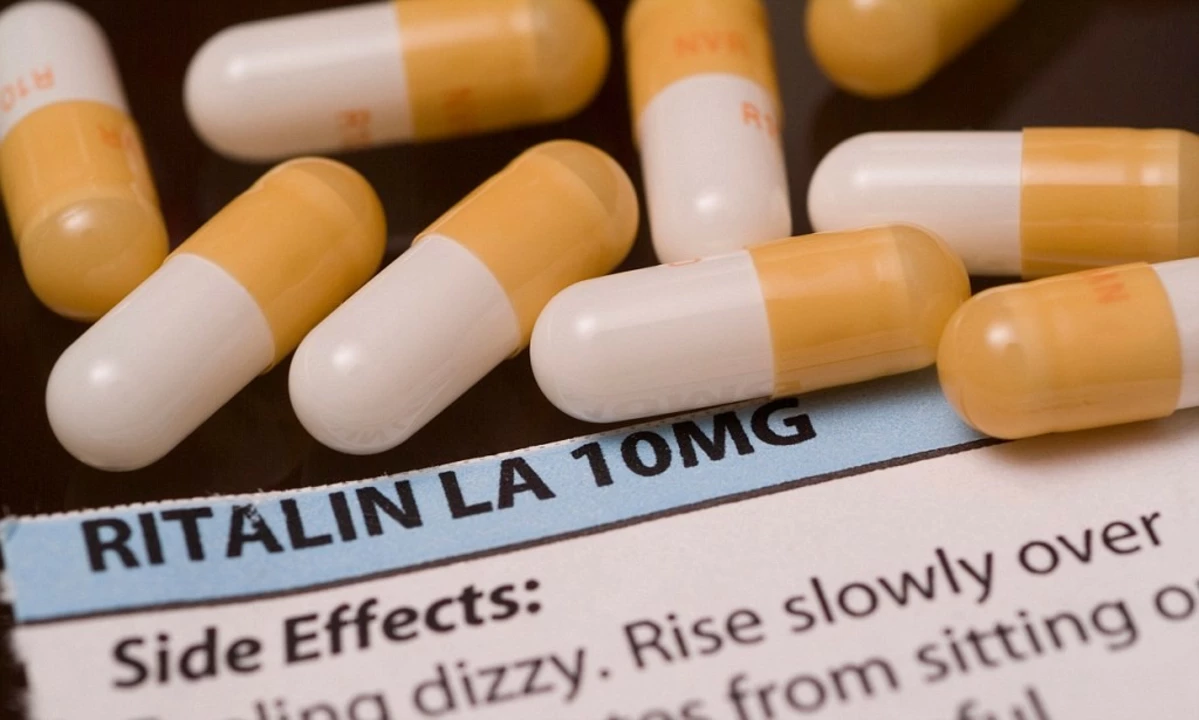Safe Treatment: Practical Tips for Secure Medication Use
If you’ve ever wondered whether a drug is truly safe, you’re not alone. The internet makes it easy to find pills, but that convenience can hide risks. Below are real‑world steps you can take right now to protect yourself and get the most out of any treatment.
Check the source before you click ‘Buy’
Start by confirming that the pharmacy is licensed. Look for a visible address, a pharmacist’s name, and a valid certification number. If a site hides this info or asks for payment through unconventional methods like gift cards, walk away. Our post on How to Find Legitimate Canadian Online Pharmacies walks you through a quick checklist you can use in seconds.
Know the drug and its side effects
Even legit medicines can cause problems if taken wrong. Read the official label, watch for warnings about interactions, and note any common side effects. For example, our guide on Avanafil Side Effects breaks down what to expect and how to manage them. When you understand a drug’s profile, you’re less likely to be surprised by adverse reactions.
Ask your pharmacist or doctor questions that matter: Is this the right dose for my condition? Do I need a prescription? How long should I stay on it? Clear answers now save headaches later.
If you’re buying online, compare prices but never sacrifice safety. Cheap offers often hide counterfeit products. Our review of modapharma.com shows how to spot trustworthy sellers and avoid scams.
Keep a personal medication log. Write down the name, dose, time taken, and any side effects you notice. Over time this simple record helps you spot patterns and discuss them with your healthcare provider.
Finally, trust your gut. If something feels off—whether it’s a vague return policy or pressure to buy quickly—step back. Safe treatment isn’t just about the pill; it’s about making informed choices every step of the way.
Acitretin for Children: Is It a Safe Treatment Option?
As a concerned parent, I've been researching Acitretin as a potential treatment option for my child. From what I've gathered, Acitretin is a medication used primarily for severe psoriasis in adults. However, its safety and efficacy in children is still being debated among medical professionals. While some studies show promising results, others express concerns about potential side effects, such as bone growth abnormalities. As a result, I believe it's important to weigh the risks and benefits with a healthcare provider before considering Acitretin for our little ones.






